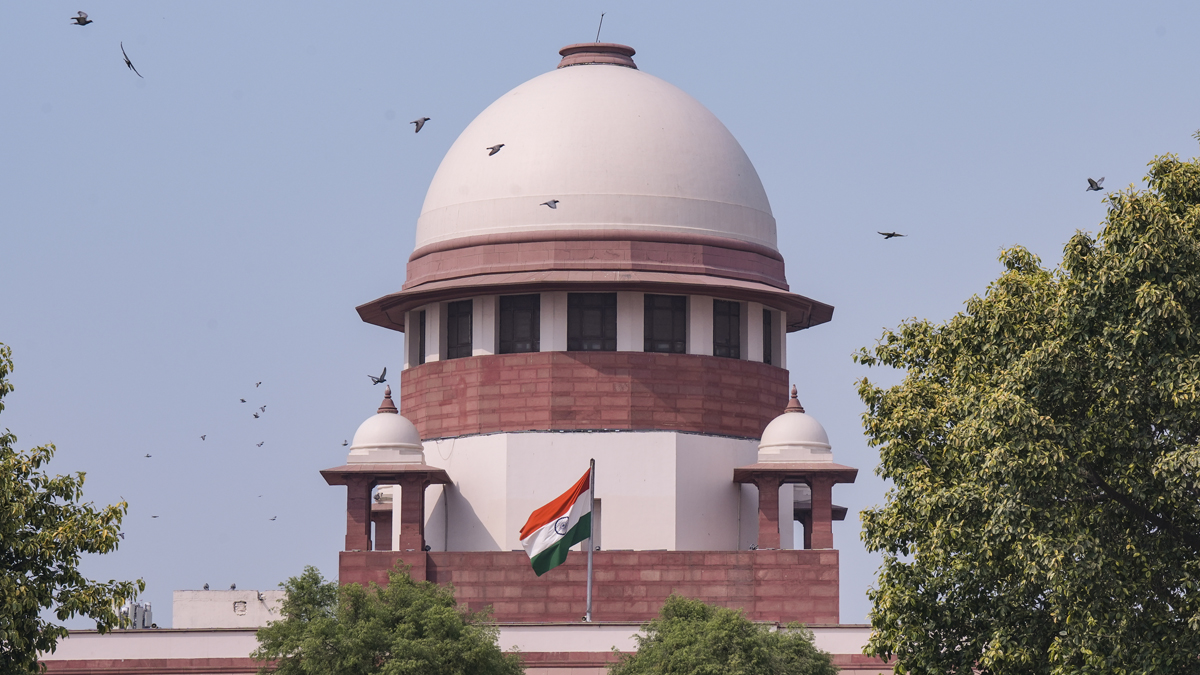Maternity leave cornerstone of women’s reproductive rights, cant be denied, rules Supreme Court
 New Delhi: View of the Supreme Court of India, in New Delhi, Wednesday, April 16, 2025. The apex court has begun hearing on a batch of petitions challenging the constitutional validity of the Waqf (Amendment) Act, 2025. (PTI Photo/Manvender Vashist Lav)(PTI04_16_2025_RPT222B)
New Delhi: View of the Supreme Court of India, in New Delhi, Wednesday, April 16, 2025. The apex court has begun hearing on a batch of petitions challenging the constitutional validity of the Waqf (Amendment) Act, 2025. (PTI Photo/Manvender Vashist Lav)(PTI04_16_2025_RPT222B)
The Supreme Court, on Friday, delivered a transformative judgment, declaring maternity leave an integral part of maternity benefits and a cornerstone of women’s reproductive rights.
A bench, comprising Justice Abhay S. Oka and Justice Ujjal Bhuiyan, ruled that no institution, public or private, can deny a woman her right to maternity leave.
This decision not only reinforces gender equality but also redefines the scope of reproductive rights, ensuring that women are not penalised for their reproductive choices.
The judgement came on a petition filed by a Tamil Nadu government teacher, who was denied maternity leave for her third child, born from her second marriage, highlighting systemic gaps in maternity benefit policies. The petitioner challenged Tamil Nadu’s rule limiting maternity benefits to the first two children.
The state argued that since the woman already had two children from her first marriage, she was ineligible for leave. However, the petitioner clarified that she had not availed maternity benefits for her first two children, as she was not employed at the time.
She began working only after her second marriage and sought maternity leave for her third child. The state’s refusal, she argued, violated her fundamental rights, as she had not previously accessed Tamil Nadu’s maternity benefit provisions.
The top court, agreeing with woman’s case, emphasized that denying maternity leave in such circumstances infringes on a woman’s constitutional protections.
The court clarified that maternity leave is not merely a workplace perk but a fundamental entitlement tied to a woman’s autonomy over her body and family choices.
According to the Maternity Benefit Act which was amended in 2017 following earlier Supreme Court directives, provides 26 weeks of paid maternity leave for women employees, a significant increase from the previous 12 weeks. The Act also grants 12 weeks of leave to women adopting a child, recognising diverse pathways to motherhoo
India